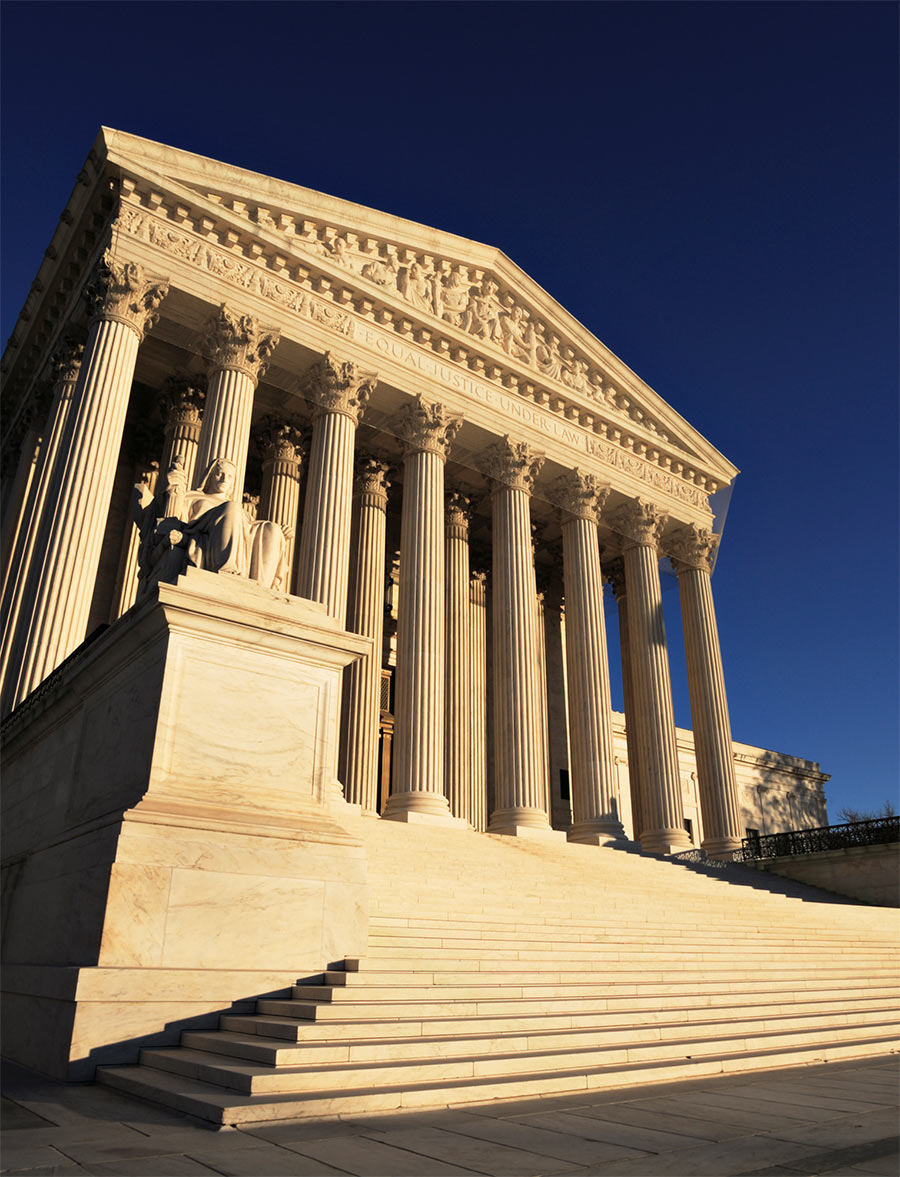legal
Supreme Court to determine constitutionality of union fees
Next month, the U.S. Supreme Court is expected to render a decision in Janus v. AFSCME — a verdict that could significantly impact public sector unions.
On February 26, 2018, the U.S. Supreme Court heard oral argument in Janus, a case with major implications for the California Teachers Association, California Federation of Teachers, the California School Employees Association and other school employee local unions.
In California and many other states, public employees are required to pay their “fair share” or “agency fees” of union dues regardless of whether they choose to join the union or opt out — these fees are used for collective bargaining and contract administration, but not for unions’ political activities, which pay for lobbying and campaigning at the federal, state and local levels.

- Upcoming Supreme Court decision will affect finances of school employee unions throughout the country
This practice is contested by Mark Janus, an employee of the Illinois Department of Healthcare and Family Services who brought the case with the backing of the National Right to Work Legal Foundation. Janus argues that compelling employees to pay their compulsory “fair share” of union dues is a violation of their First Amendment rights because the union’s bargaining activities (negotiating salaries, benefits, pensions, etc.) are inherently political as well, and that he should be able to opt out of paying any fees to his union.
If this sounds familiar, it is probably because Janus largely reprises the arguments made in the 2016 case of Friedrichs v. California Teachers Association, which ended in a 4-4 split decision at the U.S. Supreme Court. Many expect the Supreme Court to rule 5-4 this time around in favor of overturning the precedent allowing for “fair share” fees.
If the court strikes down these “fair share” fees, public employees will be able to opt out of paying any union dues by choosing not to join the union. The decision would reverse decades of reliance on the Supreme Court’s decision in Abood v. Detroit Board of Education, which upheld requiring employees to pay collective bargaining fees to their union.

A decision in favor of Janus will likely create an uncertain future for public employee labor unions, as public employees would see more financial incentive to opt out of joining the union if the Supreme Court disallows “fair share” fees. California unions have been preparing for the possibility of an adverse ruling, including working to pass legislations that focus on union activity, access and union dues deductions. Assembly Bill 119, which became effective in July 2017, requires school districts and other public agency employers to grant union representatives access to new employee orientations to meet and sign up new employees. Senate Bill 285, which became effective in January 2018, prohibits public employers from deterring or discouraging their employees from becoming or remaining members of a union. Current legislation supported by unions include such bills as AB 2049 and AB 1937, which address payroll deductions for, and revocations of, employee organization dues.
CSBA’s sample Board Policies 4140, 4240 and 4340 provide additional guidance on the requirements of AB 119 and AB 285 on school districts.